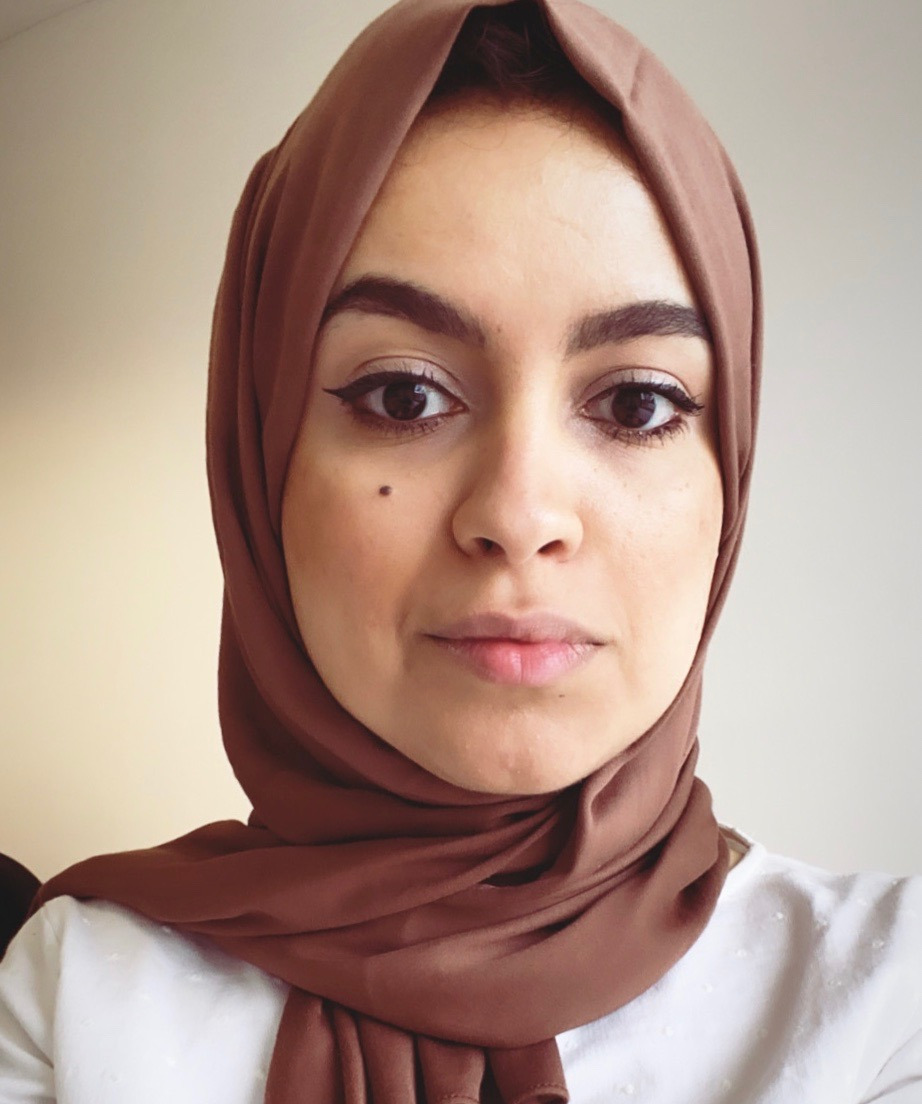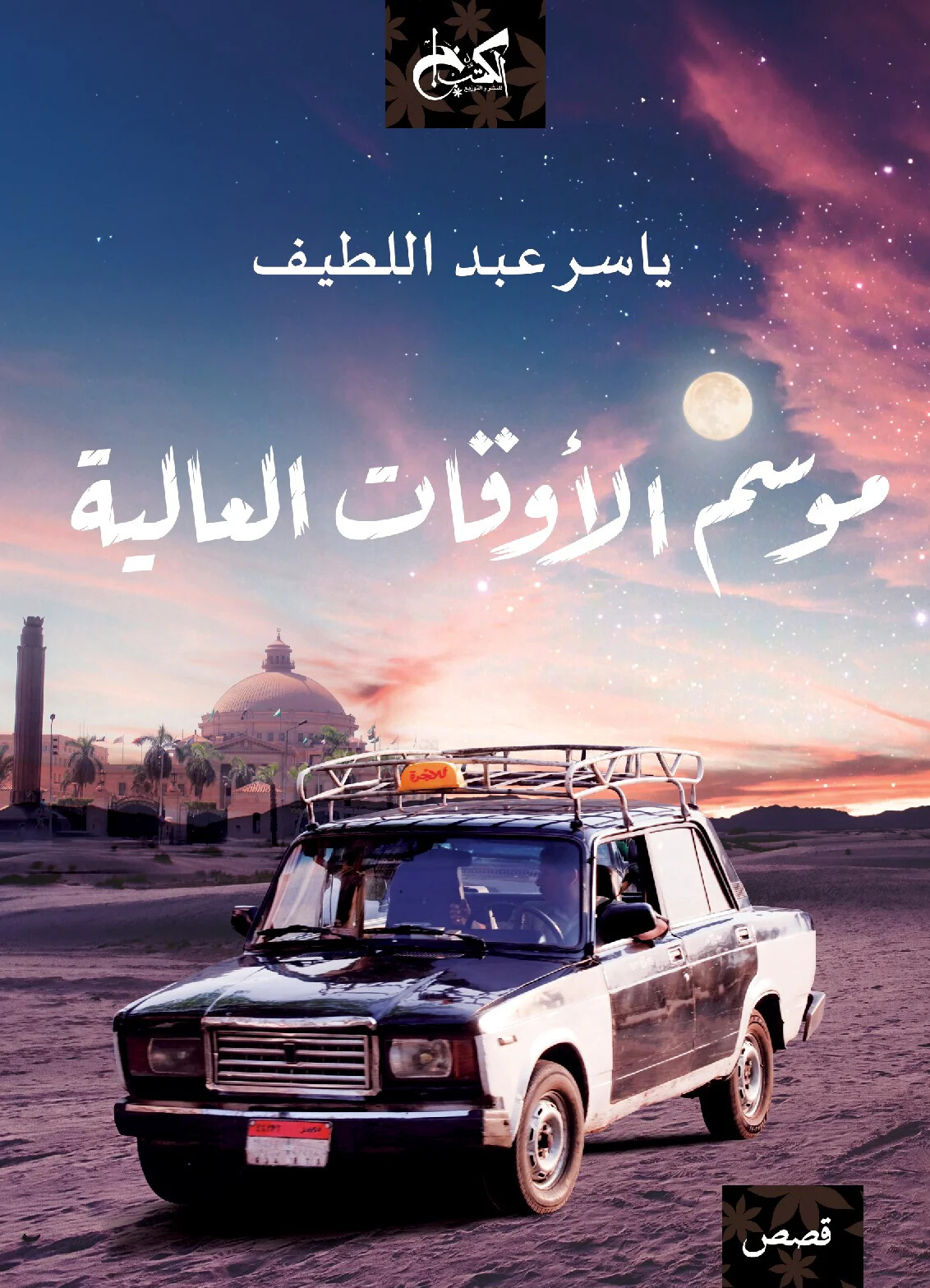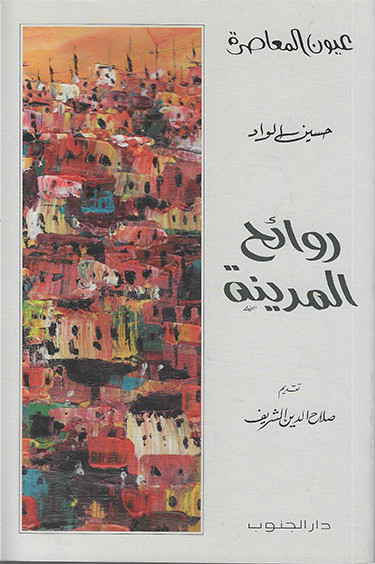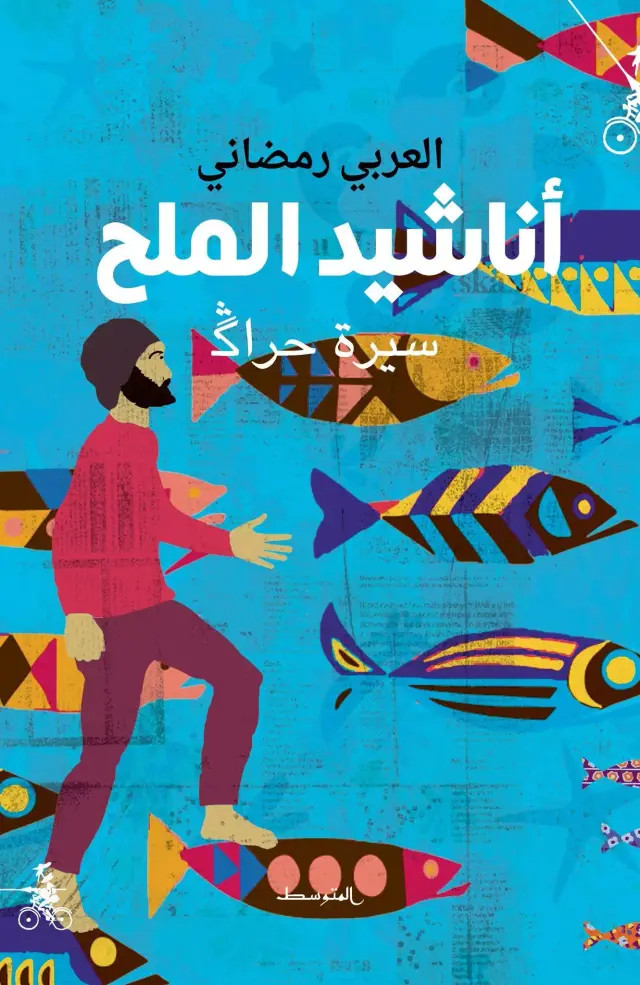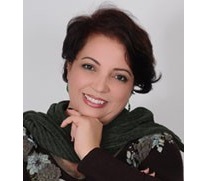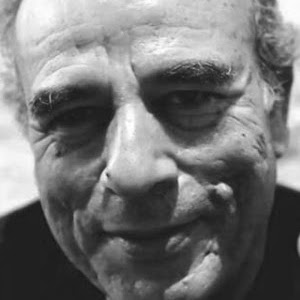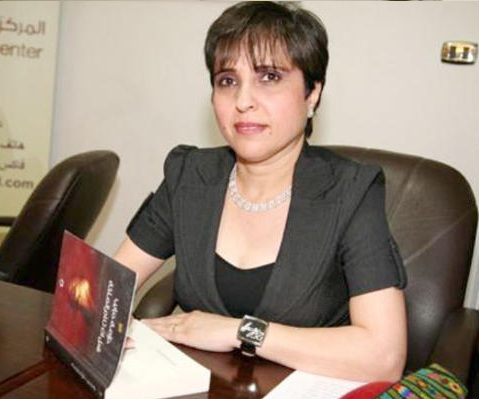Hiyem Cheurfa is an assistant professor of literature based in Algeria. She has a PhD in comparative literature from Lancaster University and is an associate fellow of the UK Higher Education Academy. She specialises in Arab women’s literature and is particularly interested in autobiographical narratives, comedy studies, and graphic life-writing. Her first book Contemporary Arab Women’s Life Writing and the Politics of Resistance (2023) is the winner of The British Association for Contemporary Literary Studies Monograph Prize of 2023.
Hiyem Cheurfa
When LEILA jury member Hiyem Cheurfa chooses books to recommend for LEILA’s selection of authors and titles, “I try to be inclusive of gender, countries, and genre. Many of the books I’ve chosen include autobiography, autofiction, prison novels, creative essays, and short stories. Most of the time I’m a fan of the authors; my choices are personal, and subjective.”
As a voracious reader she sources most of her books on social media. “Marketing is so important—we are on social media a lot and I’ll see on Twitter that such and such a book has been published.”
She’ll also go to bookshops and was recently in Beirut where she found “books that I didn’t know existed.” She uses platforms such as Arablit or Banipal to find out about new voices and reads book reviews in the Kuwaiti online magazine Al Arabi, or the Lebanese Al Jadid.
In choosing her selection she’s mindful of what will appeal to readers and what will sell for European publishers. “I’ll suggest bestsellers, or books which were reprinted several times, and those which have won prizes. But also, and this is very important for the LEILA project, I suggest books that have not been sufficiently translated. They might have won prizes but weren’t translated. I look for new voices, new cultural experiences, and experimental genres that challenge stereotypes about Arabs.”
These stereotypes often pertain to women, with publishers looking for stories about those “who have escaped a certain life, are rebelling against the patriarchy and so on, but there is much more to Arab women’s literature than that.”
Attitudes are improving; however, she says. She would also like to see more interest in voices from a wider range of countries. “There’s always been a focus on Egypt and Lebanon in Europe. Recently, with the Arab uprisings, books from Syria or Tunisia sold as well, but I would like to see more interest in works from the Gulf region for example, but also from Libya, or Mauritania. And in the UK where the focus has been on the Middle East, literature from North African has been excluded. In France it can be the other way round.”
Books reviewed by
Hiyem Cheurfa
-
Traces the history of a city through its scents
-
The true story of an illegal immigrant’s harrowing journey
